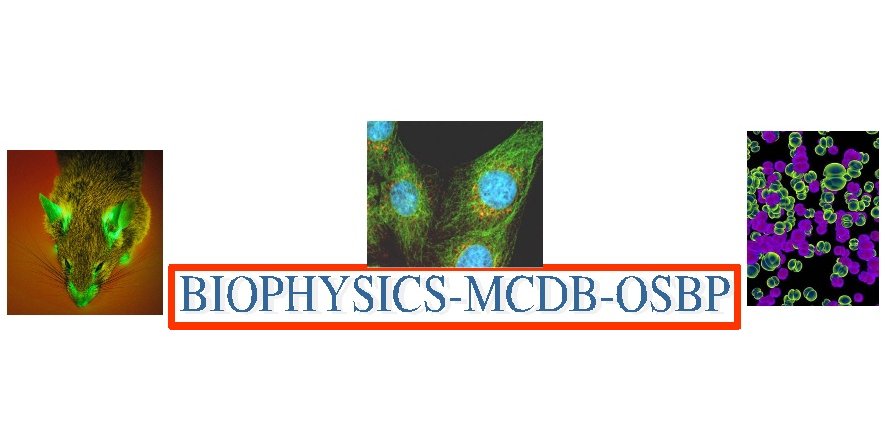Interdisciplinary Graduate Programs Symposium

2011 OSU Molecular Life Sciences
Interdisciplinary Graduate Programs Symposium

Poster abstracts
Abstract:
Epigenetic regulation comprises the changes in gene expression that are not mediated at the DNA sequence level. Molecular mechanisms that mediate epigenetic regulation mainly include DNA methylation and chromatin modifications. Emerging evidence indicates that both mechanisms act in concert to provide stable and heritable gene expression patterns in higher eukaryotic genomes. Since epigenetic alterations are recognized to occur in various developmental disorders and cancer, understanding this intrinsic complexity of chromatin structure is critical in understanding and treating these diseases. In our study, we have uncovered a new level of complexity in human chromatin due to the presence of functionally distinct isoforms of the replication-dependent core histones that can influence cell proliferation and tumorigenicity. In our effort to understand the epigenetic changes associated with the leukemic state, the histone pool from B cells of Chronic Lymphocytic Leukemia (CLL) patients was isolated and the mass spectrometry analysis was carried out to map the entire spectrum of changes involved in the malignant state. The most significant change associated with CLL was the relative decrease in abundance of specific replication-dependent histone H2A variants. In addition to alterations in the levels of H2A variants at the protein level, changes in H2A variant mRNA abundance were also observed in many CLL patients. Though these variants differ by just 1-2 residues from their canonical counterparts, siRNA-mediated knockdown studies revealed that these isoforms are functionally distinct. In particular, knockdown of specific variants can alter the rate of cell proliferation and stimulate anchorage-independent growth. Therefore, further studies will provide novel insights into both the complexity of chromatin and cancer biology.
Keywords: histone variants, cancer